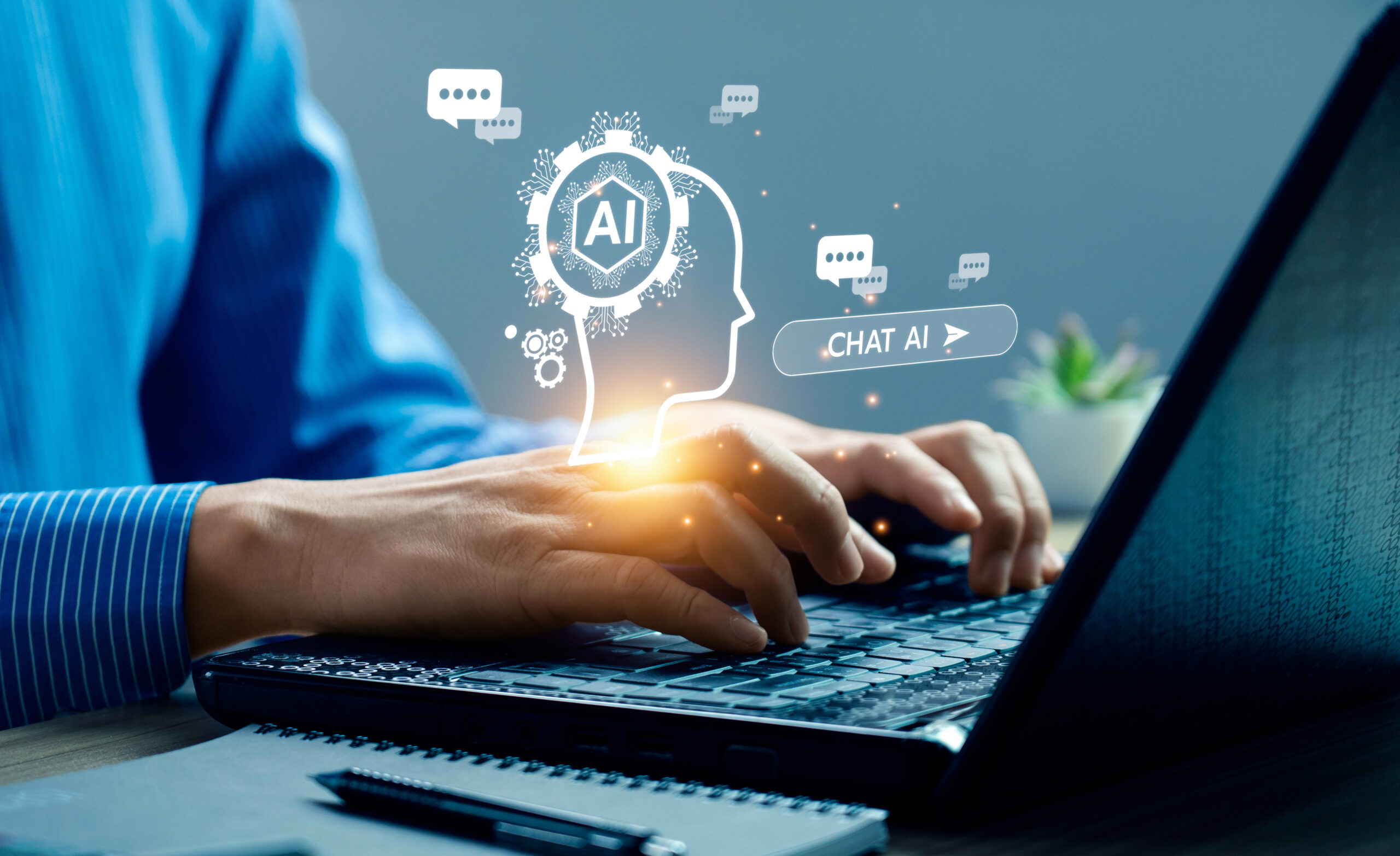
11th January 2024
AI Chatbots: The Merits and Dangers
In an era where artificial intelligence (AI) is a tangible reality, chatbots have emerged as powerful and controversial tools in the digital landscape. As the use of this software becomes more widespread, we’ve pulled together this post to explore both the merits and the potential dangers of AI chatbots becoming more integrated into our lives and our interactions.

The Merits of AI Chatbots
1. Efficiency and Accessibility
AI chatbots like ChatGPT offer 24/7 assistance, providing immediate responses to queries. This capability is particularly beneficial in customer service, where they can handle multiple queries simultaneously, reducing wait times and improving user satisfaction.
2. Cost-Effective Solutions
For businesses, implementing AI chatbots can be a cost-effective solution. They reduce the need for a large customer service team, thereby cutting down on operational costs.
3. Data Handling and Analysis
Chatbots excel at handling large volumes of data. They can analyze customer interactions, providing valuable insights into user behaviour and preferences, which can be crucial for business strategy and marketing.
4. Personalised User Experiences
AI chatbots can offer personalised experiences by learning from user interactions. This personalisation can lead to improved customer engagement and loyalty.

The Dangers of AI Chatbots
Despite their benefits, AI chatbots like ChatGPT are not without their dangers.
1. Data Privacy and Security Risks
Chatbots can access and store vast amounts of personal data, posing significant privacy and security risks. If not properly secured, this data can be vulnerable to breaches.
2. Lack of Emotional Intelligence
AI chatbots, despite their advancements, still lack true emotional intelligence. They might not interpret the emotional context of a conversation accurately, which can lead to inappropriate or unsatisfactory responses.
3. Dependency and Reduced Human Interaction
Over-reliance on chatbots can lead to reduced human interaction, which is crucial in certain scenarios like complex customer service issues or sensitive discussions.
4. Propagation of Biases
AI models, including chatbots, can inadvertently learn and propagate biases present in their training data. This can lead to unfair or biased interactions with users.
5. Unemployment Concerns
Automating tasks traditionally performed by humans can lead to concerns about unemployment, particularly in sectors heavily reliant on customer service personnel.
Conclusion
The integration of AI chatbots into our digital lives presents a landscape filled with opportunities and challenges. While they offer efficiency, cost-effectiveness, and enhanced data analysis, the concerns regarding privacy, emotional intelligence, biases, and employment cannot be overlooked.
As a company at the forefront of digital development, we at Gemstone understand the importance of balancing innovation with ethical considerations. Businesses must use these technologies responsibly, ensuring they complement human abilities rather than replace them. The future of AI chatbots is undoubtedly bright, but it must be navigated with care and responsibility.
Gemstone are a digital development company based in Hertfordshire, UK.


